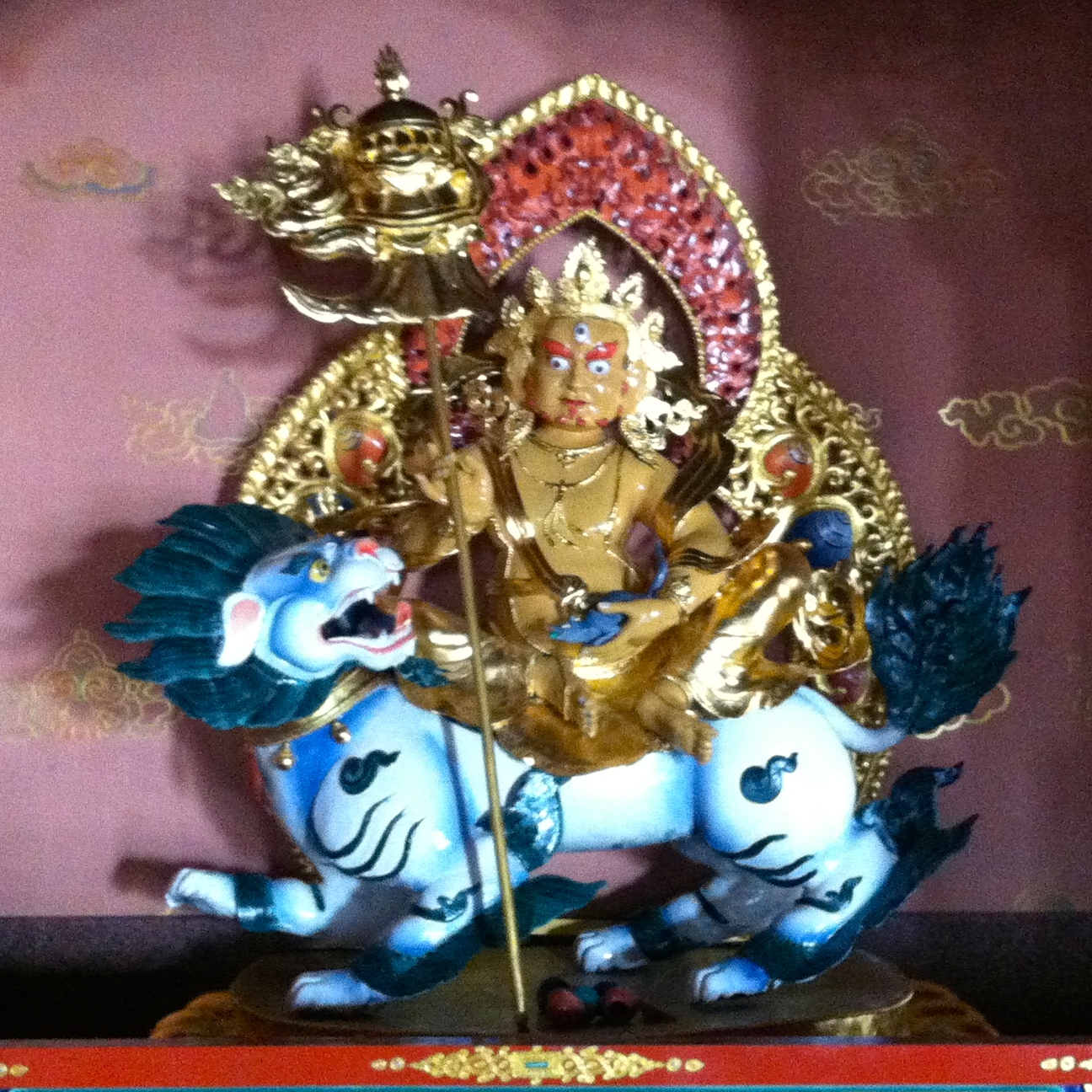On June 16, the tenth day of the lunar month and Guru Rinpoche’s most auspicious day, the annual Guru Rinpoche Tsog offering prayer will be performed at Ayang Rinpoche’s monastery in Bylakuppe, India. Anyone who wishes to make an offering and dedicate it to their loved ones, living or dead, may do so through the Amitabha Foundation in their respective countries .
To those who are new, Guru Rinpoche, also known as Padmasambhava, is a highly revered figure in Tibetan Buddhism. His name, meaning “Lotus-Born,” signifies the belief that he was miraculously born from a lotus flower. Credited with bringing Buddhism to Tibet in the 8th century, he is regarded by many Tibetan Buddhists as a second Buddha and is deeply venerated for his teachings and spiritual achievements.
Key aspects of Guru Rinpoche’s life and legacy include:
1. Miraculous Birth: Legend states that Padmasambhava was born from a lotus flower on Lake Dhanakosha in the kingdom of Oddiyana.
2. Spiritual Mastery: Renowned for his profound understanding and mastery of Buddhist teachings and tantric practices.
3. Introduction of Buddhism to Tibet: Guru Rinpoche played a pivotal role in establishing Buddhism in Tibet by subduing hostile local deities and spirits and transforming them into protectors of the Dharma.
4. Terma Tradition: He hid numerous spiritual treasures (termas) across Tibet and surrounding regions, intended to be discovered by future tertöns (treasure revealers) at the appropriate time.
5. Eight Manifestations: Often depicted in eight different forms, each representing various aspects of his spiritual journey and teachings.
6. Influence and Legacy: His teachings and practices form the foundation of many Tibetan Buddhist traditions, particularly within the Nyingma school, which considers him its founder. Guru Rinpoche’s influence extends beyond religious texts and practices to the heart of Tibetan culture and identity, symbolizing the deep connection between Tibet and Buddhism. His life and teachings continue to inspire practitioners worldwide.
To make a tax-deductible donation to sponsor the Guru Rinpoche Tsok Offering Prayer in the US, please click here or mail your check made out to Amitabha Foundation, to PO Box 2572, Aptos, CA 95001. To have your dedication included in the Prayer Ceremony, please send your donation by June 14 at 10 pm (Pacific).
May All Be Auspicious!
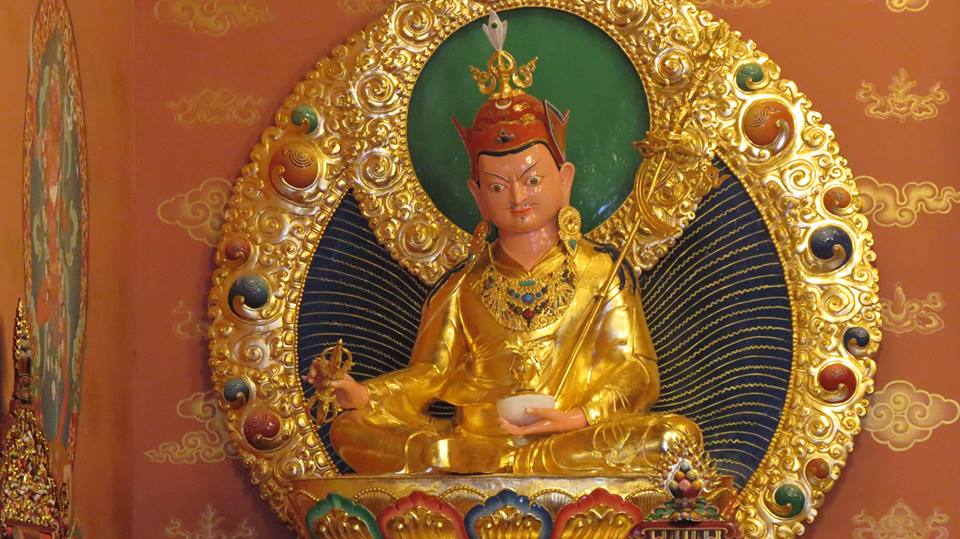

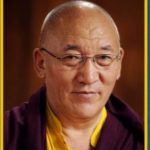
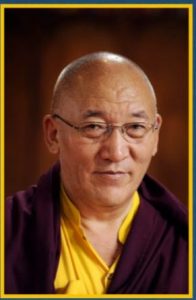
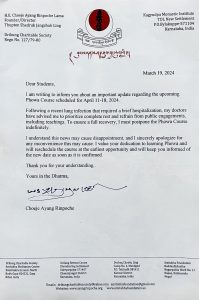
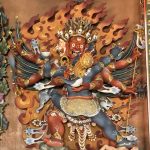
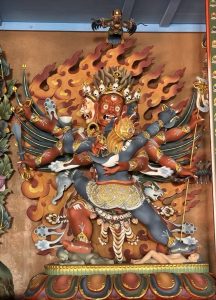
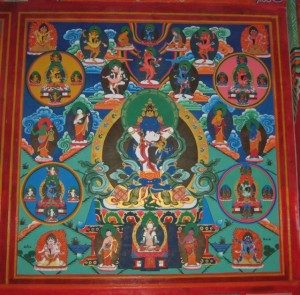
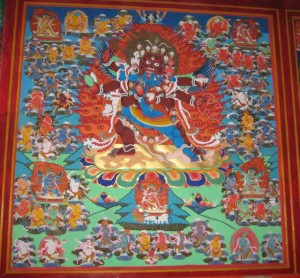
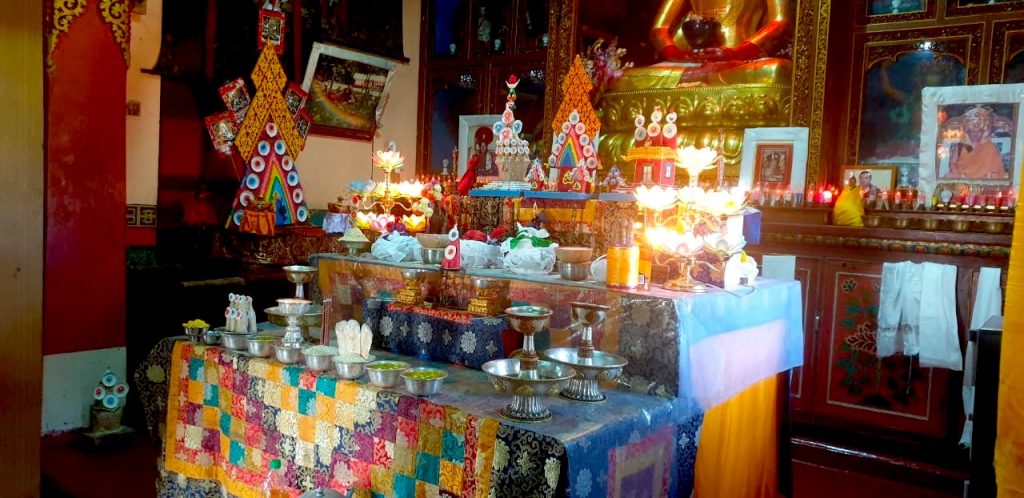
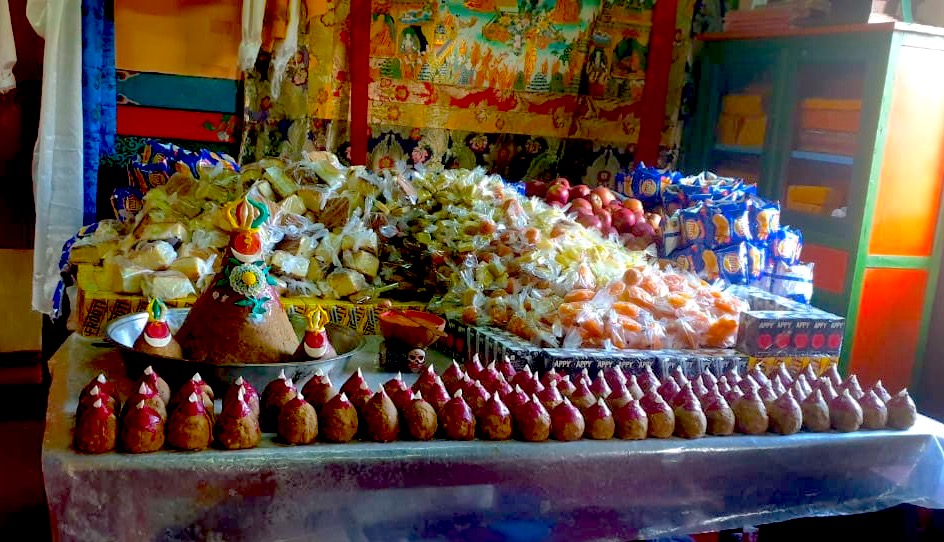
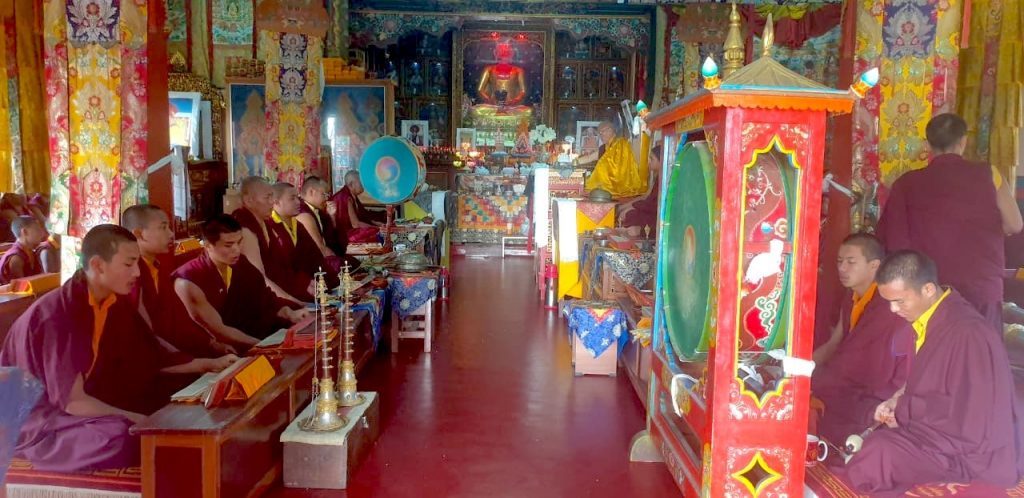
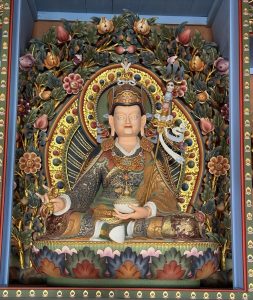
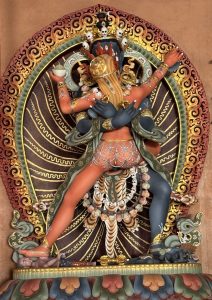 Kalachakra
Kalachakra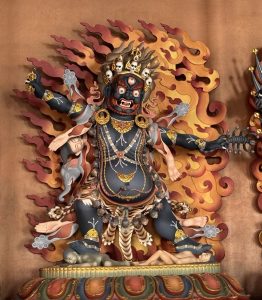 Tantric Deity
Tantric Deity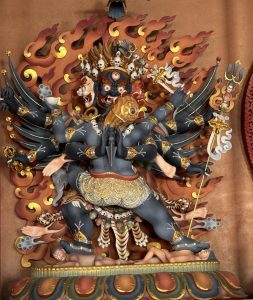 Vajrakilaya
Vajrakilaya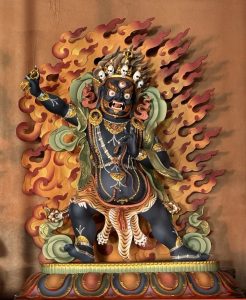 Vajrapani
Vajrapani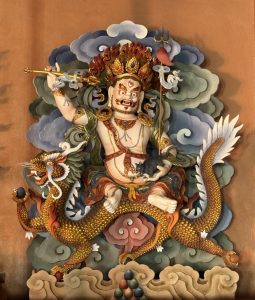
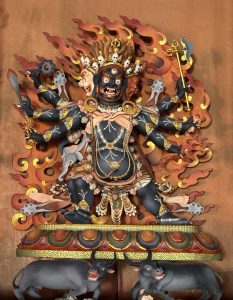 Yamantaka
Yamantaka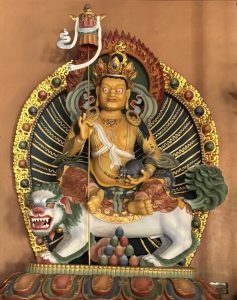 Yellow Dzambhala
Yellow Dzambhala